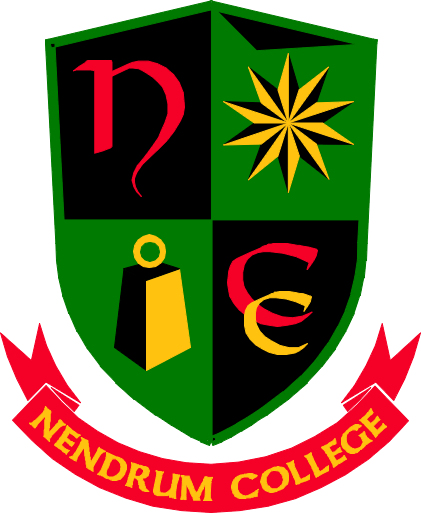SLT
OCCUPATIONAL STUDIES- SPORT, LEISURE AND TOURISM
This is a Level 2 qualification which offers the possibility of attaining the equivalent of a Grade A* at GCSE if you do well. It is intended to provide a programme which is rooted in practical and occupational contexts.
The world-of-work is constantly changing. Since it is increasingly unlikely that a single occupation will take employees from the beginning to the end of their working lives; transferability and adaptability are important skills. This qualification has been uniquely structured with this in mind. Students are assessed through completion of two units.
-
Running a Leisure Event: This unit will help learners understand the important place which leisure, sport and tourism occupy in today’s society and in particular their own area. They will learn the variety of activities which people take part in during their free time and will plan an event. Students could plan a day trip to an outdoor pursuit centre, a table quiz or sports tournament. The skills which a learner must demonstrate in planning, running and evaluating a successful event are an important preparation for many aspects of adult life, particularly the world of work.
-
Tour Guiding: This unit is suitable for those who are interested in working in the tourism industry. Learners will be able to develop team working and communication skills. Part of this unit is designed to allow the learner to collaborate with team members to plan, develop and deliver tourism products or services to meet set objectives. They will develop communication skills when providing information and advice to customers. Learners will also gain an understanding of why organisations promote their products and services and the methods they employ. Learners will use their own skills to create a display of materials for a selected tourism product or service.
In both units learners will gain an understanding of the importance of Health and Safety regulations in the world of work and will develop many of the key skills sought by employers, such as communication, ICT, problem-solving and working with others.
Assessment is solely based on continuous assessment. Each unit is assessed as follows:
20% Knowledge and Understanding
60 % Application of Knowledge
20% Evaluation
